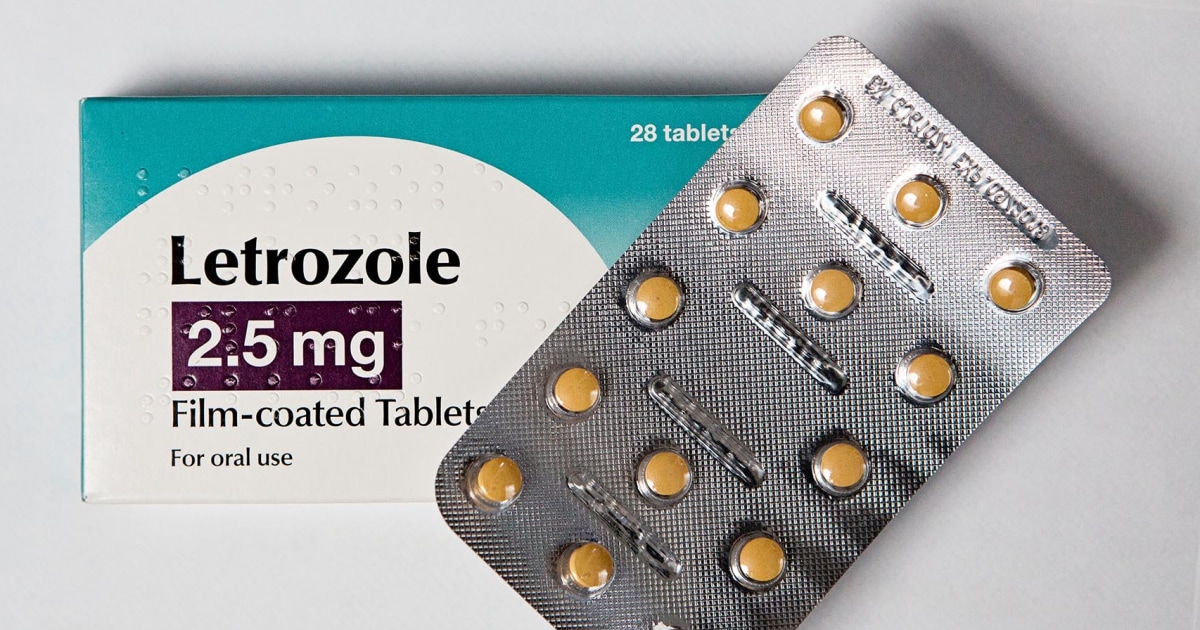T4K3.news
Alzheimer’s treatment advances with two cancer drugs
New research shows two FDA-approved cancer drugs might help reverse Alzheimer’s damage in mice.

Two FDA-approved cancer drugs have shown the potential to reverse brain damage caused by Alzheimer's in mice, offering new hope for a disease that currently has no cure.
Breakthrough in Alzheimer’s Treatment with FDA-Approved Cancer Drugs
Researchers at the University of California, San Francisco and the Gladstone Institutes have found potential new treatments for Alzheimer's disease using two existing FDA-approved cancer drugs, letrozole and irinotecan. These drugs reduce tau protein clumps in mouse models, a characteristic feature of Alzheimer's, and enhance cognitive functions like memory and learning.
Key Takeaways
"The ability to target tau proteins with these drugs is a significant finding."
This highlights the relevance of tau proteins in Alzheimer’s disease treatment.
"If successful, these drugs may shift Alzheimer’s treatment from new discovery to repurposed application."
The potential to streamline drug availability is crucial in a landscape lacking effective treatments.
This development reflects a shift towards repurposing existing medications, a strategy that could expedite treatment options for Alzheimer's. With over 55 million people affected worldwide, and no cure in sight, the prospect of these cancer drugs providing relief is not just promising; it’s needed. If these findings hold true in human trials, we might see a revolution in how Alzheimer's disease is approached, potentially saving millions from the grips of cognitive decline.
Highlights
- This discovery could redefine Alzheimer's treatment pathways.
- Repurposing existing drugs opens new doors for Alzheimer’s research.
- Letrozole and irinotecan might offer a lifeline for millions.
- Old cancer drugs could become the new hope in Alzheimer’s therapy.
Potential Risks in Repurposing Drugs for Alzheimer's Treatment
While using existing FDA-approved drugs for Alzheimer's shows promise, researchers must carefully assess potential side effects in this new context before moving to human trials. The implications of shifting drug usage could experience scrutiny from medical communities and the public.
As research progresses, hope remains for millions affected by Alzheimer’s.
Enjoyed this? Let your friends know!
Related News

Emerging research links cancer drugs to Alzheimer’s treatment

FDA-approved cancer drugs show potential for Alzheimer's

Michelle Xia becomes a billionaire after beating Merck

Weill Family Foundation launches cancer research hub

Man declared free of glioblastoma after trial therapy
:max_bytes(150000):strip_icc()/GettyImages-2227392128-f95994034c8f47c38408febb9d015a6c.jpg)
Stock Markets Climb as Earnings Reports Approach

UK trial offers hope for glioblastoma patients

Cancer drugs may reverse Alzheimer's effects
